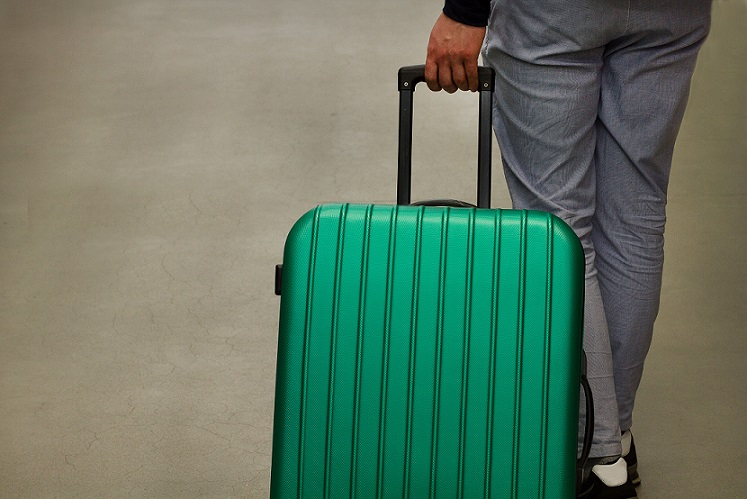[Ask a lawyer] Departure order as consequence of law breaking
Even 'petty' crimes can lead to forced departure, while drug, sex offenses are dealt with sternly
By Choi Jae-heePublished : Dec. 26, 2022 - 19:03

From work contracts to marriage with a Korean citizen and accidental breaking of local rules and laws, foreign residents can find themselves in complicated legal situations. Ask a Lawyer covers the most common legal issues faced by expats in South Korea through Q&A with lawyers practicing in the very field. -- Ed.
Last year, an Indian man had to cut short his stay in South Korea, originally planned for two years. The reason? He was caught driving under the influence of alcohol.
The man, aged 30, had a D-3 visa, which is issued to foreign manufacturing employees of Korean companies’ overseas branches who receive job training here.
He paid a fine of 5 million won ($3,830) for drunk driving, but that was not all. He was ordered by the Korean immigration office to leave the country.
Drunk driving is one of the common criminal activities that results in the forced departure of foreigners, according to Kim Ju-hyeong, a senior attorney at the law firm Majung, who represented the Indian national.
Here are some questions and answers shared by Kim about various administrative dispositions from the immigration office that would result in a foreigner being expelled from South Korea.

Q. What crimes can result in a departure order?
Three rules apply, regardless of the crime type. You could be ordered to leave when 1) you are fined in excess of 3 million won; 2) your accumulated fines over the past five years exceed 5 million won; and 3) you are handed a fine or heavier penalty twice in the past two years or three times in five years.
In the case of sexual and physical misdemeanors, a criminal action resulting in a fine of less than 3 million won could lead to the same consequence.
Drug problems are to be avoided at all costs, as Korean authorities tend to deal with such matters very strictly. Recently, there have been a lot of cases where foreign drug offenders received a departure order even though public prosecutors decided not to indict them.
Q. What are other situations that could lead to forced departure?
Foreign nationals are advised to be aware of local immigration rules in order to avoid becoming accidental illegal migrants and end up having to leave Korea.
Under the current Immigration Control Act, foreigners staying in Korea for more than 90 days must register for an Alien Registration Card at a local immigration office within 90 days of their entry here.
Any change to information on the ARC, such as the address or passport number, must be reported within 14 days of the change.
Meanwhile, any foreigner who desires to remain in Korea beyond his or her authorized period of stay can apply for an extension of stay four months prior to the expiration of their visa.
Failure to abide by these rules could make one an accidental illegal immigrant and subject to deportation.
Of course, those who entered Korea without a valid visa in the first place, or those who invite other foreigners by illegal means, are subject to deportation.
Kim Ju-hyeong is a senior attorney at the law firm Majung, with expertise in the areas of immigration and industrial accident law. Kim is one of the members of the law firm’s legal counseling center for foreigners, consisting of attorneys with hands-on work experience in immigration-related cases. -- Ed.







![[Graphic News] More Koreans say they plan long-distance trips this year](http://res.heraldm.com/phpwas/restmb_idxmake.php?idx=644&simg=/content/image/2024/04/17/20240417050828_0.gif&u=)
![[KH Explains] Hyundai's full hybrid edge to pay off amid slow transition to pure EVs](http://res.heraldm.com/phpwas/restmb_idxmake.php?idx=644&simg=/content/image/2024/04/18/20240418050645_0.jpg&u=20240419100350)








![[KH Explains] Hyundai's full hybrid edge to pay off amid slow transition to pure EVs](http://res.heraldm.com/phpwas/restmb_idxmake.php?idx=652&simg=/content/image/2024/04/18/20240418050645_0.jpg&u=20240419100350)

![[Today’s K-pop] Illit drops debut single remix](http://res.heraldm.com/phpwas/restmb_idxmake.php?idx=642&simg=/content/image/2024/04/19/20240419050612_0.jpg&u=)